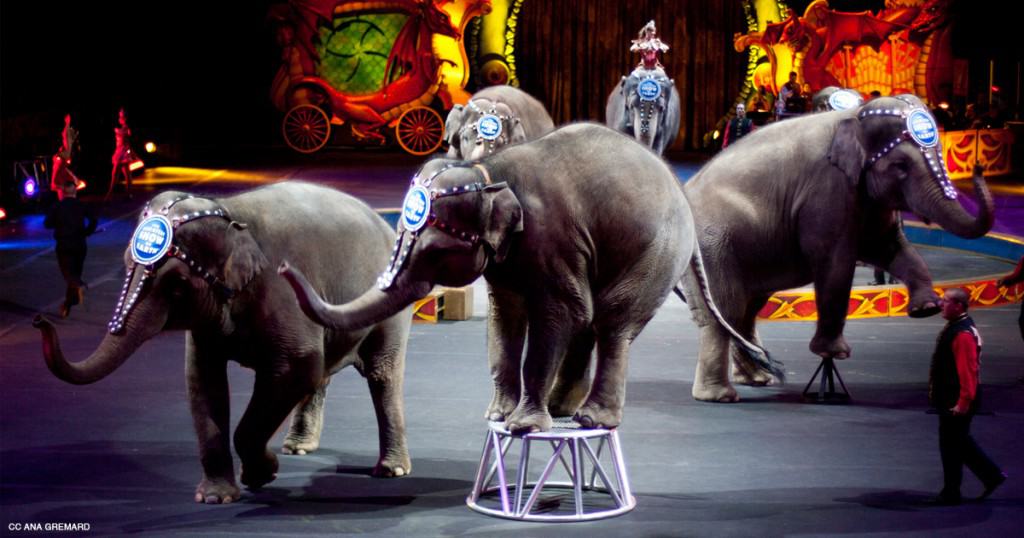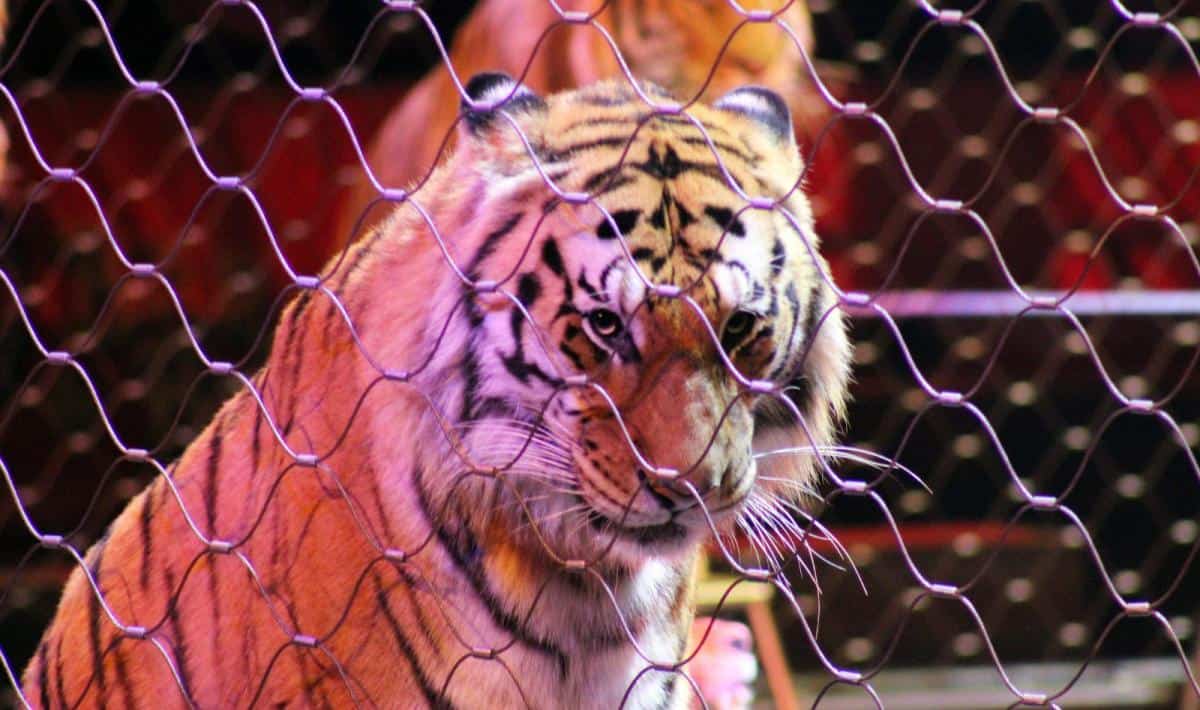
On April 25, 2017, the city council of Las Vegas (the nation’s second largest city) unanimously voted to ban the exhibition of wild or exotic animals for entertainment. The initiative affects circuses, other wild animal shows, displays in public areas such as sidewalks or parks, and rentals for house parties or events.
A press release from Performing Animal Welfare Society (PAWS) explains that Los Angeles City Councilman David Ryu sponsored the measure which won the support of all council members, in addition to HSUS National Council member Cheri Shankar. Though the ban is not yet final, activists are celebrating nonetheless as the 15-member city council is now on a clear path to enacting the progressive policy in the near future.
This reform builds on a previous policy which was passed in 2014. Approximately three years ago, Los Angeles banned the use of bullhooks for handling captive elephants, and this adversely affected the Ringling Bros. Circus. Mentality toward the use of animals for entertainment purposes appears to be shifting in Los Angeles, as lawmakers approved the ban with little dissent.
Other locations that have passed similar bans in recent years include the city of San Francisco, and several counties in Idaho, Massachusetts, New Jersey, and North Carolina. This type of news is also likely to become more commonplace, as a Gallup poll found that 69% of Americans are concerned about the use of wild animals in circuses. Additionally, a November 2016 articles published in Forbes magazine relays that circus attendance in the United States has decreased substantially in the past twenty years; an estimated drop between 30%-50% was reported. As an effect, gross revenues have fallen.

Life in captivity is no life for an animal that would normally thrive in the wild. In order to “tame” creatures such as elephants, tigers, bears and lions, punishment and fear tactics are utilized by trainers. Additionally, being constantly caged/chained in trucks and trailers, forced to travel for months on end, and bullied to perform tricks all for the sake of human entertainment can take a drastic toll on an animal’s mental and physical health.
The Humane Society adds further insight on the topic, declaring:
“These spectacles are dangerous for animals and even occasionally for people. Just in the last few years, a tiger knocked down and dragged a trainer across a pen as she screamed for help at a Pensacola, Florida, fair during a performance for a children’s field trip. The tiger was beaten and the trainer required surgery for her injuries. During a photo shoot in Detroit, Michigan, a tiger got loose in a building and trainers used an electric weed whacker to get the animal out of a stairwell and eventually back into a cage. Three elephants performing at a Shrine Circus in St. Charles, Missouri, ran amok in a parking lot for 45 minutes, damaging multiple vehicles. At another Shrine Circus in Salina, Kansas, a tiger escaped during a performance and a woman narrowly escaped harm after coming face to face with the tiger in an arena restroom.”
An increasing number of humans are beginning to realize that every action has a consequence, and to subject animals to unnatural and oftentimes traumatizing circumstances just so that members of the “dominant” species might be entertained is sadistic. For this reason, one might presume, the ban against wild animals for any entertainment in Los Angeles is likely to pass. What are your thoughts? Please comment below and share this news!


